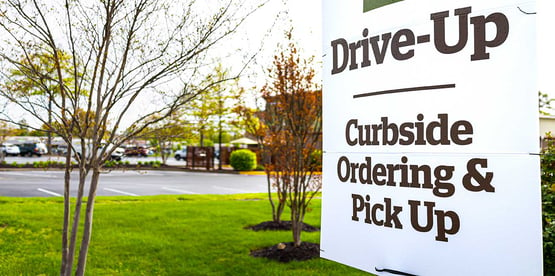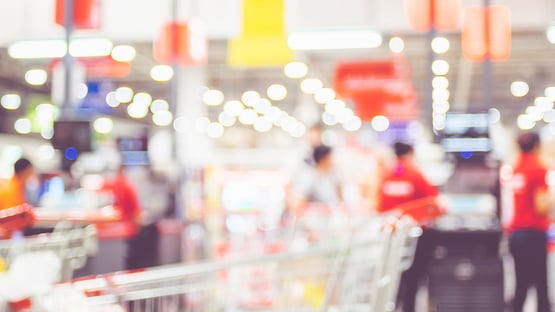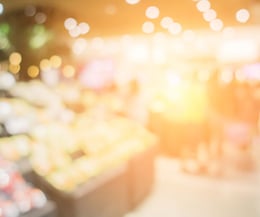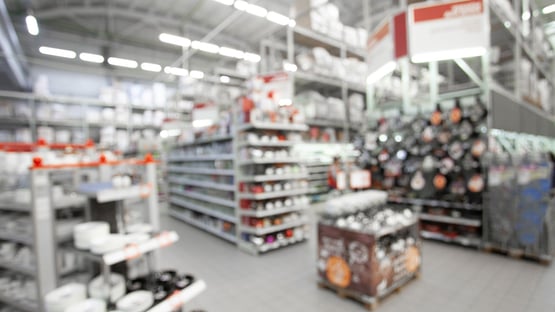There is tremendous disruption in retail following COVID-19 and while the pandemic has changed both consumer demand and preferences, many of these changes where well underway before COVID-19, only to be quickly accelerated by the pandemic.
This notion is supported by the Retail Touch Points Last-Mile Survey 2020, highlighting interesting retail developments pre-COVID-19 as well as initial reactions to the pandemic. The survey stresses the importance of the last mile, where the stores evolve into both a place for shipping, as well as a place for picking up online orders or delivery, meeting consumer preferences for quick and low-cost touchpoints.
The survey shows that the retailers were already becoming more pickup friendly before COVID-19.
The number of outlets who have adopted buy online/pick up in-store increased from 29 percent in 2019 to 37 percent in 2020. Retailers also have strengthened the emphasis on getting products closer to the shoppers, with 67 percent storing inventory in physical stores as their final location before shipping orders.
Following this it has been a spike in click & collect type of services, enabling efficient order picking in the stores.
A bad experience can ruin it all
As consumers nowadays expect free or low shipping costs, there is a lot to gain for retailers who can convince customers to come into the store, also opening up for additional value-added sales.
But regardless if consumers choose in-store shopping, click & collect or delivery, the experience needs to be satisfactory, as the survey confirms that 73 percent of shoppers won’t return after a poor delivery experience.
The initial experiences from COVID-19 have stress-tested this, with out-of-stock shelves, long delivery times for goods and low staffing.
As we move into the new normal, pre-COVID-19-trends will have been accelerated and likely turned permanent. Therefore, any failure for retailers to deliver the right experience for consumers must not follow to become the new normal as well.



